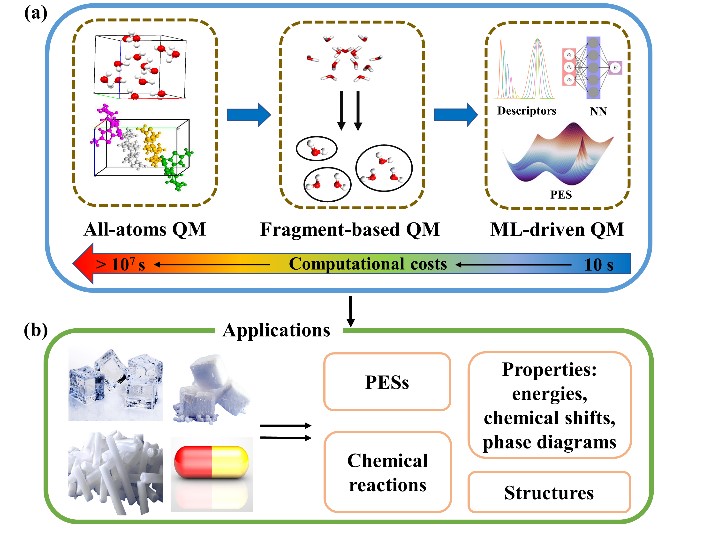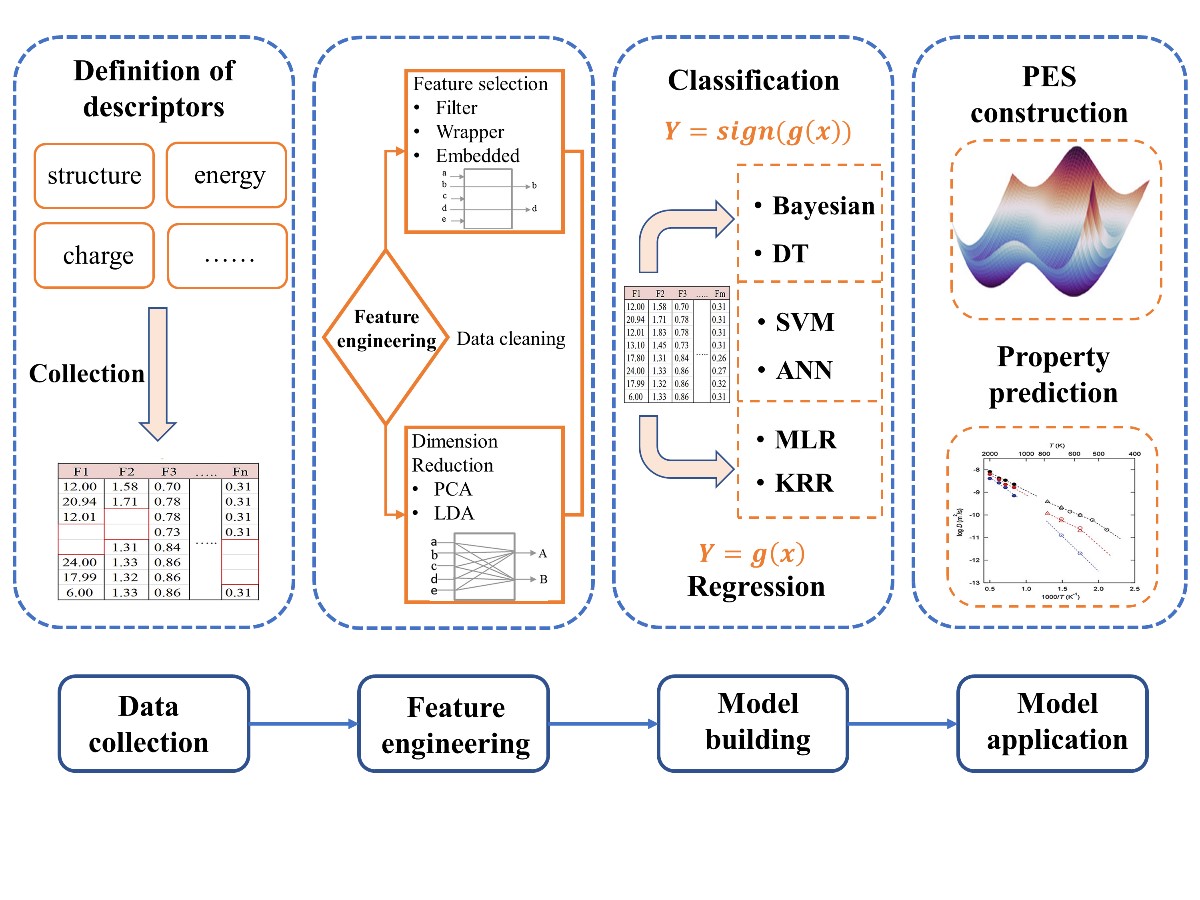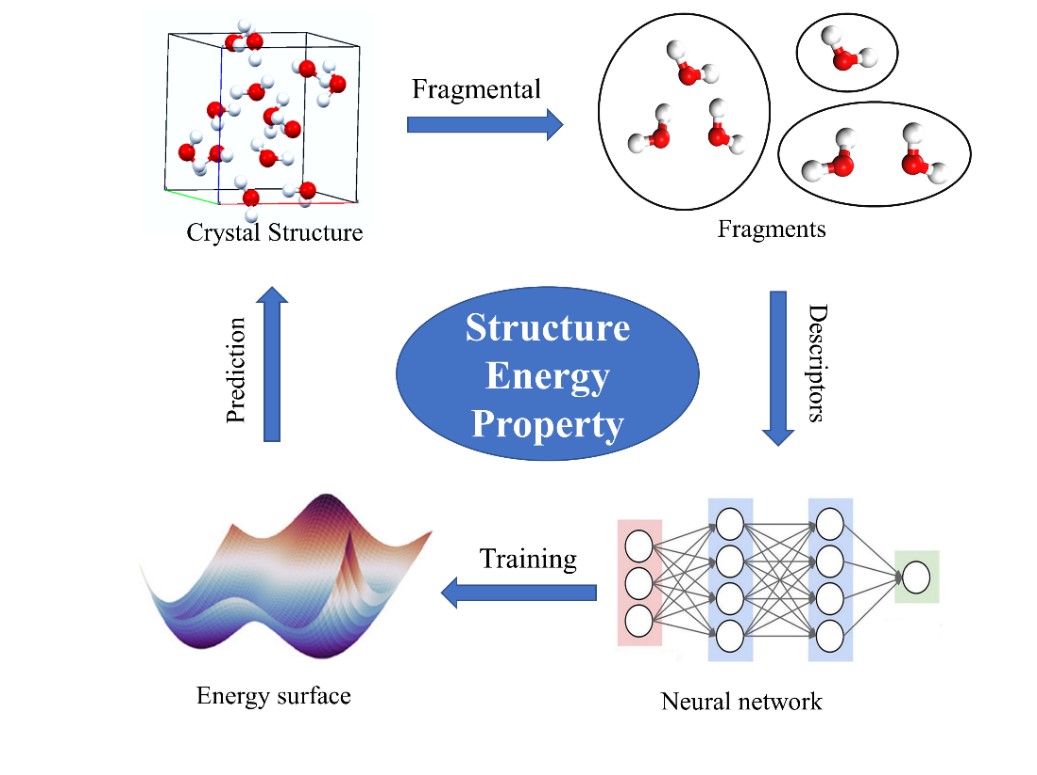- Home
- About Us
- Students
- Academics
-
Faculty
- Electrical Engineering
- Automation
- Computer Science & Engineering
- Electronic Engineering
- Instrument Science and Engineering
- Micro-Nano Electronics
- School of Software
- Academy of Information Technology and Electrical Engineering
- School of Cyber Security
- Electrical and Electronic Experimental Teaching Center
- Center for Advanced Electronic Materials and Devices
- Cooperative Medianet Innovation Center
- Alumni
-
Positions
-
Forum
News
- · Shanghai Jiao Tong University professors Lian Yong and Wang Guoxing's team have made remarkable progress in the field of high-efficiency pulse neural network accelerator chips.
- · AI + Urban Science research by AI Institute was selected as cover story in Nature Computational Science!
- · The first time in Asia! IPADS's Microkernel Operating System Research Wins the Best Paper Award at SOSP 2023
- · Delegation from the Institution of Engineering and Technology Visits the School of Electronic Information and Electrical Engineering for Journal Collaboration
- · Associate professor Liangjun Lu and research fellow Jiangbing Du from Shanghai Jiao Tong University made important advancements on large capacity and low power consumption data transmission
Jinjin Li's team published a review of quantum mechanics and machine learning in “Physics Reports”
Recently, Jinjin Li's team from the Department of Micro/Nano Electronics, School of Electronic Information and Electrical Engineering, Shanghai Jiao Tong University, published a review paper "Machine learning accelerates quantum mechanics predictions of molecular crystals" in the top physics journal Physics Reports. This work not only provides an overview of the recent progress in quantum mechanics (QM) theories, fragment-based methods, machine learning (ML) methods and several ML-based software programs and applications on small inorganic molecules, large drug molecules and relevant crystals, but it is also expected to shed light on ML methods in accelerating QM prediction, optimization and novel crystal material design.

Quantum mechanics approaches (DFT, MP2, CCSD(T), etc.) play an important role in calculating molecules and crystals with high accuracy and acceptable efficiency. In recent years, with the development of artificial intelligence technology, ML has played an increasingly essential role in accelerating the QM calculations and predictions of molecular crystals, as well as the discovery of novel materials. This review provides state-of-the-art information and prospects for QM theories, fragment-based methods and ML methods, as well as their up-to-date applications in predicting small inorganic molecules, large drug molecules and relevant molecular crystals. The discussed applications include ML potential energy surface (PES) construction, crystal structure prediction (CSP), chemical reaction prediction and predictions of a series of properties, such as structure, energy, atomic force, bond length, chemical shift, superconductivity, super-hardness, vibrational spectra, phase transition and diagram.

This work also reviews recently built software and packages based on ML methods for property predictions and PES constructions in the field of physics and chemistry. Predictably, progress in ML methods, high-quality data acquisition and data representation will advance the accuracy and efficiency for chemical shifts and other property predictions, as well as PES constructions. Furthermore, a series of ML-driven software and packages will promote the development of ML models and applications in a wide range of fields.

Physics Reports (IF=25.6) is a top international journal of physics and interdisciplinary science, and only publishes one paper per issue. The journal does not accept free submissions, and the journal's editorial board invites scholars who have made outstanding contributions to the relevant fields to write relevant reviews, which are important in leading and guiding the development of the relevant fields. Jinjin Li's team is dedicated to the research of quantum mechanics, quantum fragmental algorithms and machine learning algorithms, and has published more than 100 high-level papers in related fields, and was invited to publish a long review paper in the journal Physics Reports to introduce the latest research progress in related fields.
Shanghai Jiao Tong University (SJTU) is the sole affiliation of this paper, and Yanqiang Han, a 2017 PhD student in the Department of Micro/Nano Electronics, School of Electronic Information and Electrical Engineering, SJTU, is the first author of this paper, and Jinjin Li is the corresponding author of this paper. This research was funded by the National Key R&D Program of China, the National Natural Science Foundation of China and Shanghai Jiao Tong University.
Link:https://www.sciencedirect.com/science/article/pii/S0370157321003240
-
Students
-
Faculty/Staff
-
Alumni
-
Vistors
-
Quick Links
